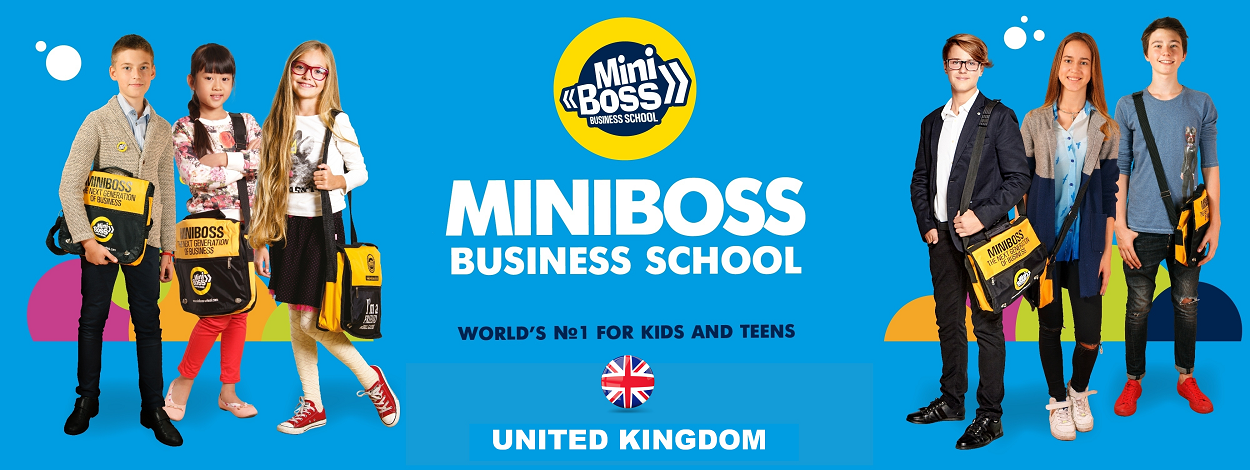
1. Irrational Value Assessment: The Starbucks Effect
We all know Starbucks is expensive. But charging 5 or 6 times the price of a McDonald’s coffee is actually a genius business move.
In economics, there’s something called Irrational Value Assessment that says people don’t value products objectively. Instead we figure out how much something should cost based on context cues and how they make us feel.
For example, in Professor Robert Cialdini’s classic book, Influence, he tells a story about a jeweller’s assistant who accidentally doubled the price of every piece of turquoise jewelry in his store.
Up to that point, the turquoise had been impossible to sell. After doubling the price, it sold out in a matter of days.
Why?
Because when people see a high-priced item, they automatically assume it’s of a higher quality and more valuable than something that’s cheap. Especially when those two things are in direct competition.
That’s what Starbucks did for coffee. They charged more for what used to be cheap and dressed it in a premium customer experience, with nice tables, good music, and friendly baristas.
That pricing impact has been so huge, researchers have dubbed it the "Starbucks Effect". In 1990, only 3% of coffee was sold at a more expensive premium price, but by the year 2000 in the middle of the Starbucks craze, 40% of coffee was sold at a premium price.
Because Starbucks set the expectation that everyday coffee could be expensive, and their success transformed the market.
2. Friction: Starbucks Makes It Easy to Create a Habit
Sure, caffeine is addictive - but the Starbucks experience is almost as addictive. Especially their app. It removes two of the biggest pains from getting coffee, waiting to pay and waiting to get your order.
But with its "order ahead" feature, the Starbucks app lets customers skip both the payment and the coffee collection lines. It also saves customers’ favorite drinks, so it becomes simple for people to get into the habit of grabbing a cheeky Starbucks during their morning commute.
3. FOMO Keeps Customers Coming Back
Most people know what FOMO is - it’s the fear of missing out. People hate to lose. In fact, the psychological pain of losing is twice as powerful as the pleasure of gaining something.
The scientific name for this is Loss Aversion, and Starbucks knows it’s incredibly powerful.
That’s why it spends so much time and money creating limited-edition drinks like the Unicorn Frappuccino, or drinks you can only get at certain times of the year like the Pumpkin Spice Latte.
Starbucks’ seasonal items are so loved that they’ve become cultural landmarks - like their festive cups that signal the start of the holiday season. When you start to see red Starbucks cups, a little bit of FOMO kicks in if you haven’t gotten one yet.
FOMO gets customers into the store and makes them feel like they’re part of something exclusive and special.
4. Little Touches Make the Experience Feel Personal
They may not always get your name right, but when baristas write it on your cup, they create a more personalized experience.
And people love personalization.
The Cocktail Party Effect says that our brains zoom in on relevant information, like our names. It’s little things like names on cups that sets Starbucks apart from a McDonald’s or a Dunkin’ Donuts — making you feel special helps create that premium-feeling experience.
5. IKEA Effect: Everyone’s a Barista
One of the smartest things Starbucks has done is encouraging people to customize their drinks - you can get a half-caff, extra ice, no whip, whatever you want, and they’ll gladly make it for you.
The researchers split the participants into two groups - one was given a finished piece of furniture, and the other was asked to assemble a piece of furniture.
When participants were asked to bid on these items, the people who had built the IKEA furniture bid more for the same items because they had fallen a little in love with their own creations.






